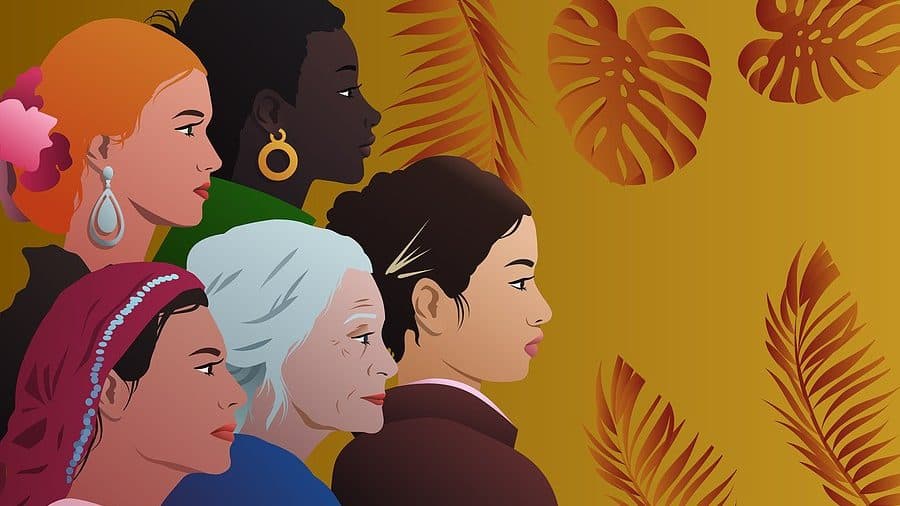Older women aren’t the only ones facing gendered ageism. The problem afflicts women of all ages, according to recently released research.
A survey of almost 1,000 women from four U.S. industries (higher education, faith-based nonprofits, law, and health care) reveals discrimination and bias against women of all ages as a “double whammy.” There is “no right age” for professional women, the research concludes.
In interpreting the survey’s results, the researchers — academics Amy Diehl, Leanne M. Dzubinski, and Amber L. Stephenson — considered “young” to be under 40, “middle age” to be between 40 and 60, and “older” to be over 60.
And so while ageism is often directed toward older employees, the reality is that it impacts people throughout their career life cycle. In other words, regardless of age, many candidates and employees suffer the results of stereotypes that drive discriminatory behavior.
Discounted Voices
The research indicates that older women often experience greater devaluation and irrelevance compared to their male counterparts. They are not seen as sources of wisdom and are considered outdated. Their voices and expertise are discounted, leading to limited opportunities for advancement.
Consequently, many older women feel discouraged and burnt out, resigning themselves to the lack of further growth. The bias against older women is compounded by the belief that organizations prefer men in leadership roles. This, in turn, results in older women being overlooked for promotions and succession planning.
“While men become wells of wisdom as they age, older women are seen as outdated, harpy, strident,” said one survey respondent. “Our voices are discounted.”
Another woman explained that once she turned 60, she was no longer “worth investing in with training or mentoring.”
“A Barbie Doll”
Younger women face age-related biases, as well. They are often called diminutive names and their credibility is questioned due to their perceived lack of experience. One 39-year old survey respondent remarked that she was pet on the head at work.
Younger women also experience role incredulity, being mistaken for lower-level positions despite their qualifications. Women of color, especially, face additional challenges due to assumptions based on their appearance. They constantly have to prove themselves and may face scrutiny of their looks instead of their skills and expertise.
One survey respondent remarked that after she gave a scientific presentation, a male colleague told her that she “looked like a Barbie doll up there!”
No Sweet Spot
Middle-aged women, typically between 40 and 60, also face gendered ageism. For instance, search committees may exclude them due to assumptions related to family responsibilities and menopause. Their age is used against them, with the belief that they may not have aged well or appear vital.
Meanwhile, similar-aged men are often chosen over them for leadership roles — the bias against middle-aged women further reinforces the pattern of discrimination at different stages of a woman’s career.
As one survey respondent summarized: “First, we are too young to be responsible or to supervise. This lasts into our mid- to late-thirties but does not for men. (Perhaps they are waiting to make sure we don’t have kids). Then in an instant, we are too old to be hired for anything or anywhere new.”
